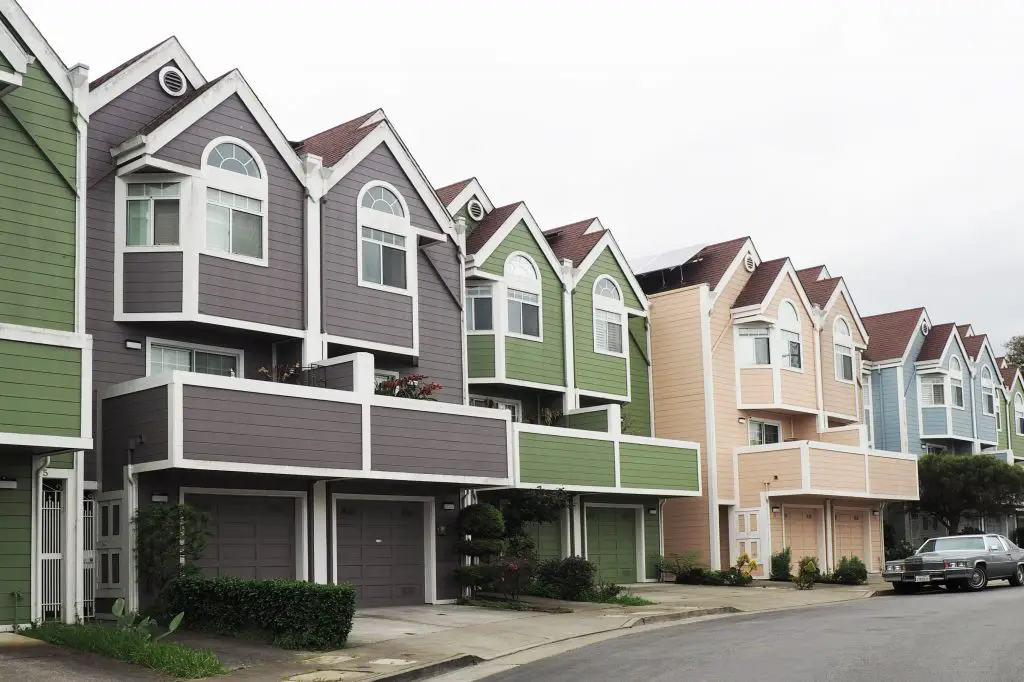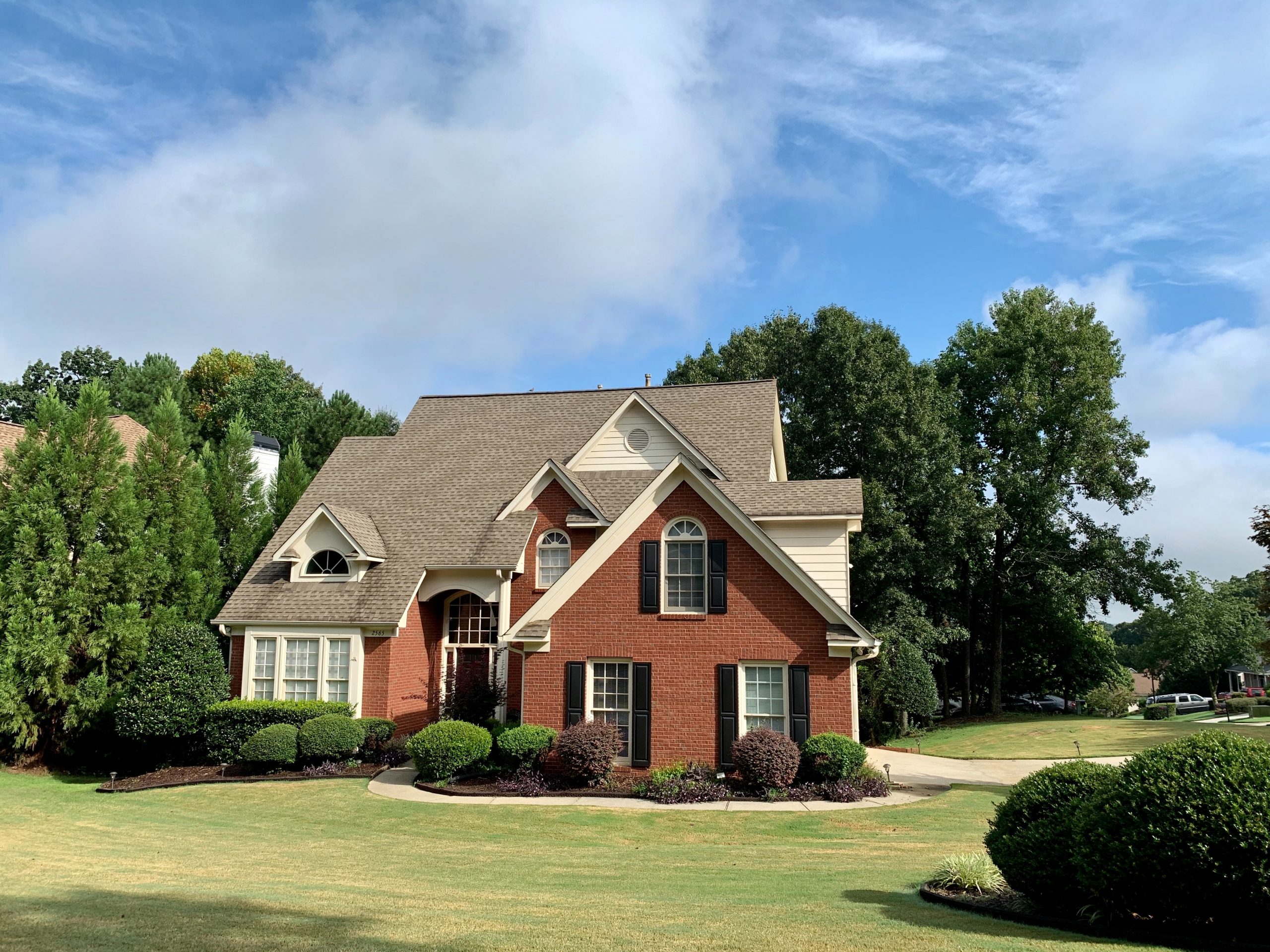With housing markets so tight, the idea of getting into real estate looks very tempting. However, a successful real estate investment generally generates the biggest payout in the buy, rather than the sale. To that end, you want to do your best to get a great deal on the front end.
Table of Contents
Buy It to Live In It
Get preapproved for a mortgage if at all possible. Once you’re preapproved and have the required down payment available at your disposal, contact a real estate agent and start looking for a home that you would be willing to live in.
Why? Because eventually you’re going to want to sell this house. A great house in a terrible neighborhood will ultimately be a terrible house. If you can buy a rough house in a great neighborhood, you can quickly build up a lot of equity and become popular with your neighbors at the same time.
When it comes time for you to tap into that equity and buy a bigger or better house for yourself, you may find that your happy neighbor has a great tenant in mind. They may even want to rent it for their child and end up taking great care of the house.
Read more: What to Do If You Have a Hoarding Tenant
If you can’t qualify for a mortgage, don’t despair. Look for a rental that has had a sign up for at least a month and find out the owner on the county website records. If the county records point to a business, you can often find the primary contact name for the business by the Business Entity Identification Number, or BEIN, through your state’s website. Contact that person to find out if they own the house.

A house that has been up for rent for more than a month may have some problems. It may also have a tired landlord, a lazy rental manager, or both. After being in the house for at least six months, you will know if it’s a good buy for you. Contact the owner again and ask them to sell you the house. Be ready to
- offer a down payment
- offer more money per month
- take over fees that generally are paid by the owner, such as taxes and insurance
If you can’t pay these fees, you’re probably not ready to buy a house. If you can, the owner has six months to think about it before your lease is up. You have six months to get conventional financing or look for another landlord.
Multi-Units Vs. Single Dwellings
If you can get financing, look hard at buying a duplex or a triplex. Here’s why: You get the benefit of owning a rental property without having to worry about two roofs. You can keep an eye on the condition of the property. You can keep an ear out for your tenant to make sure they are not destructive. You can ask your neighbor to pay at least part of your mortgage and not get laughed off the porch.
If you have the chance to buy multi-family properties with inherited tenants, make sure you inspect all units. One hoarder can literally destroy your investment.
Review the history of rents charged. If nobody has raised the rents in five years, you may be able to make common space improvements to justify a small price bump for all units. If a tenant is unhappy and moves out, you can upgrade that unit and bump prices again next year.
Find an Agent You Trust
Be very conscious of your communication style. Old-school realtors
- immediately call prospects
- tend to be chatty
- may drive you crazy
If you’re not chatty and are interested in looking at a property, your inquiry will be directed to the listing agent. In your “I am interested in . . . ” email, put the following message in all caps: PLEASE REPLY VIA TEXT, THANK YOU! and list your phone number. If they call you to chat, they’re not your agent. This is an excellent method of weeding out agents who will not suit your buying style.
Once you find an agent who does suit your style, stick with them and them alone. They will be able to find you properties to view before they go on the market. Even better, they will text you about them.
Read more: How to Become a Real Estate Appraiser
Running the Numbers
Running the numbers on a buy with the right agent should be fairly straightforward. You will need to know the cost of the house, the percentage of interest you qualify for, and whether or not you need to pay Private Mortgage Insurance, or PMI.
Once you have your pre-approval from your lender, you will have a decent idea of what you can afford. If you’re planning to invest in a house that needs cosmetic updates but is livable, go ahead and pay the PMI for a short time until you can refinance the house after the updates. Be aware that if the house is not livable, you may be blocked from certain lending programs even if you are a first-time buyer.
Use Other People’s Money
One of the best reasons for living in the house before you rent it out is that your down payment can be markedly less. The down payment for a first-time homebuyer can be between 3% and 5%. A commercial mortgage can require 20% down to make the buy.
Using the bank’s money for a property that you turn into a rental is called bank hacking. As long as you keep making the mortgage payment and have occupied the property for the required time before renting out the property, you can use the bank’s money to start your rental portfolio.
Study the Region
Try to buy properties in the area where you live. While shopping for investment properties, keep an eye out for age-related issues. For example, if your region has very heavy clay soil, older houses may have sewer problems. Lots of sewer problems can mean that the city has to put in a new main, which means that you may have a special on top of your property tax.
Read more: How to Bird Dog Real Estate
Make sure you know the “vintage risks” of homes in your intended neighborhoods. If your target neighborhood is loaded with homes built before World War II, you may be dealing with plaster. If you walk into a home of that vintage and the plaster is in good shape, the house is stable. If you walk in and the walls are paneled, there may be issues lurking.

Study Crime Maps
If you’re thinking about a new region, study the crime maps in the area. Drive by the region right after work, after school lets out and when the bars close. Don’t buy a home for your family in an area that is full of folks who want to continue the party. Do buy a house in a neighborhood full of nosy elderly neighbors. They might gossip about you, but they are a great neighborhood watch.
Check Your Nose
When you walk into a property, check your nose. Do you smell
- cigarette smoke
- stale perfume
- old carpet
Excellent! This home has not been touched by a staging professional. Stagers do a great job of showing first-time homebuyers what their new home could be. They’re also used to give a home an edge when it’s a competitive price in the market. In a $300,000 market, hiring a stager is necessary to sell a $300,000 house.
However, you’re not a first-time homebuyer. You’re a real estate investor. You want a $200,000 house. Houses that smell stale and dusty are generally time capsules. If you can find a $200,000 house in a $300,000 neighborhood that needs upgrades but not expensive structural repairs, you have the chance to make a wedge buy.
Get the property at a fair price, take care of the necessary upgrades, and refinance the property. You can either enjoy low payments and no PMI because the value of the home is now far under the value of the loan, or you can use that equity to buy into another house.
You want to have to rip out the old carpet, clean up the woodwork, and paint to remove the smell of cigarette smoke. You don’t want to pay for serious maintenance issues, which is why you bring in your own inspector.
Hire a Contractor to Inspect the Property
Depending on where you’re buying, a home inspector can tell you a lot. However, there are home inspectors who can’t move furniture away from the walls to look for termite damage. To avoid paying for next to no information, hire a contractor to do your home inspection and pay them for their time whether you buy the house or not.
A contractor can tell you a lot. They may
- get under the house to look at the plumbing, foundation and floor joists
- get into the attic to check out the electrical
- walk the roof if agreed
They can also give you a price on the repairs they see that need done, which will give you a bargaining point when you submit your offer on a property. Once you know how much needs to be done, you can also look for funding to cover the mortgage until the repairs are done or the refinance is taken care of.
Set a standard fee that both of you are happy with and pay them before they look. Having a contractor who can study your possible buy with a careful eye can be the difference between getting a fixer-upper and a burner-downer.
Don’t Rush Your Response to a Counteroffer
True story: I found a cute little two-bedroom, one-bath house with a bonus room on the first floor that could be a child’s room but had an odd jog in the ceiling because it was under the stairs. I figured out a ballpark on what I could charge for rent for a two-bedroom, one-bath house in that neighborhood and made my offer, connecting that expected rent to the mortgage payment I would be responsible for.
The sellers countered within 24 hours but it was too high. I just couldn’t justify their asking price knowing what I could expect in rents on the house. I was swamped at my job and asked them for three days to consider the counter to see if I could get the dollars to work. I really wanted the house.
They accepted after 48 hours. We marketed the house as a two-bedroom with a spare playroom and listed the going rate for a three-bedroom house, which we got. Meanwhile, I’m paying the mortgage on a two-bedroom house. When you make the offer to a seller who has had their house on the market for a while, you hold a lot of cards. Don’t rush any responses to the seller. They need the sale more than you do.
Once you buy your first home, you have a lot of flexibility. Buying a small house to house you and your family may be a bit cramped, so make sure you review the terms of your mortgage to see if there are any prohibitions on eventually renting out the property. If you buy a fixer-upper, invest in good tools as you need them and be ready to play so you know how to stay both productive and safe. Be ready to refinance for the next house and keep rolling the dollars up into a better place for you and yours.
